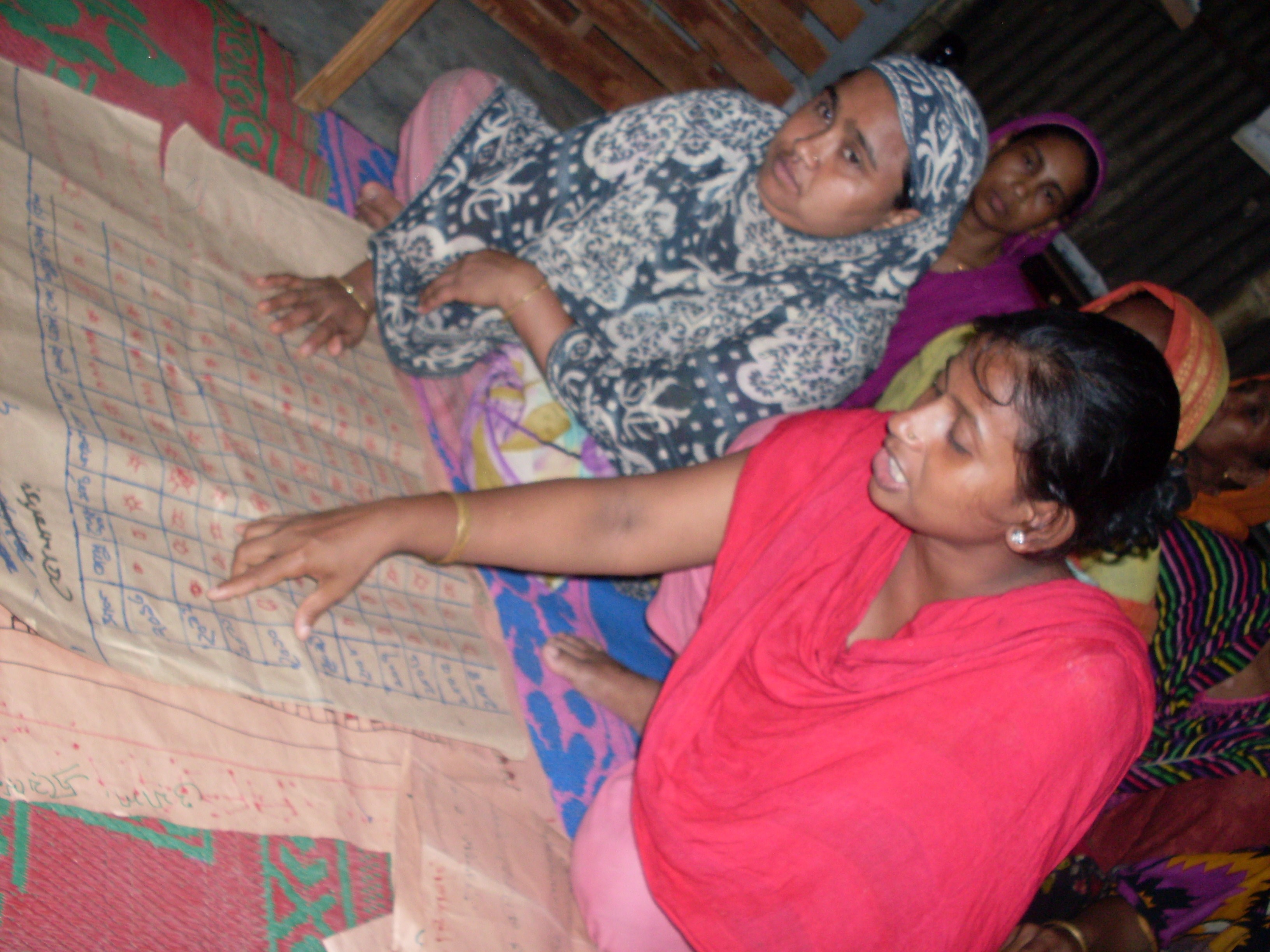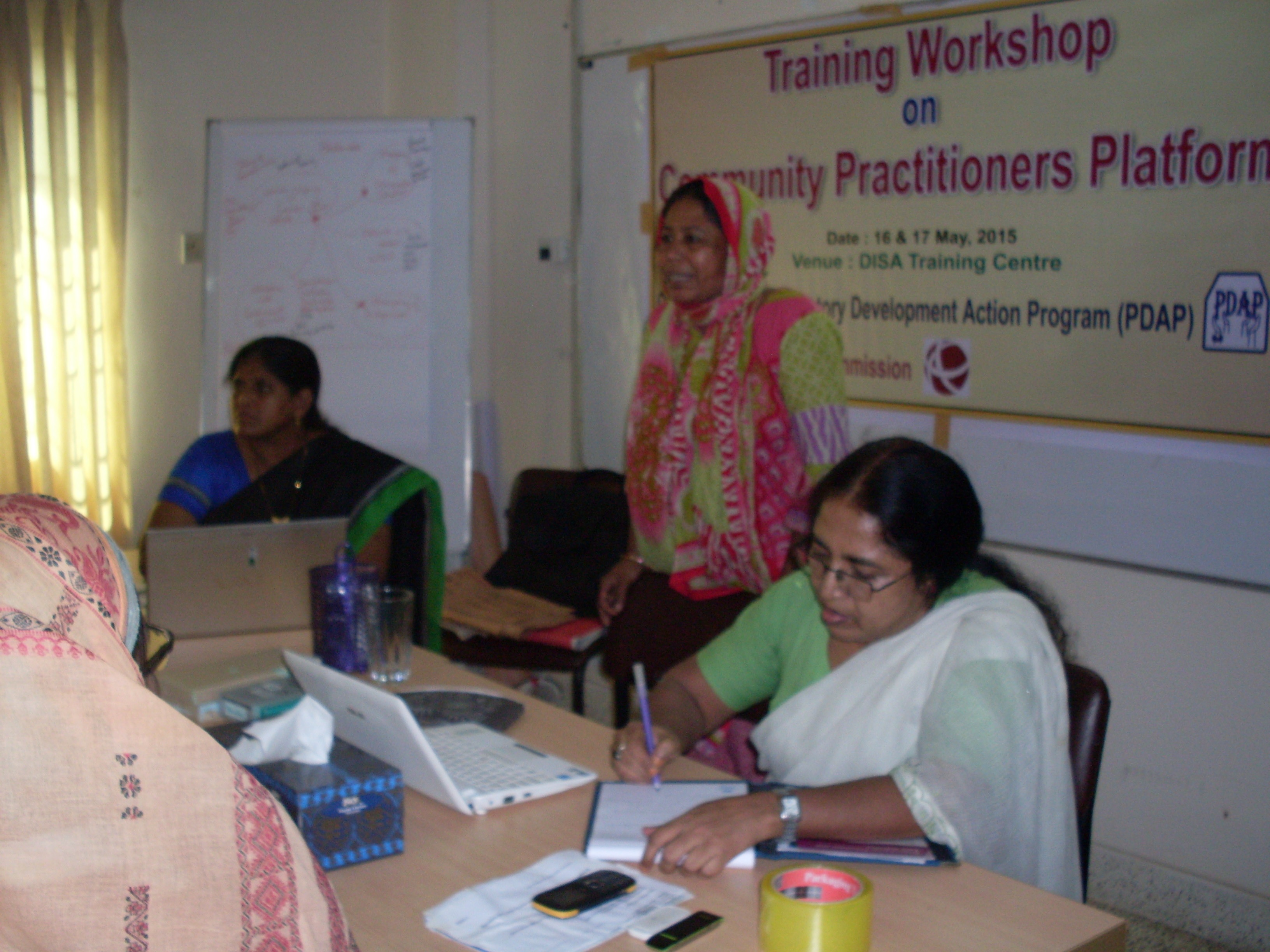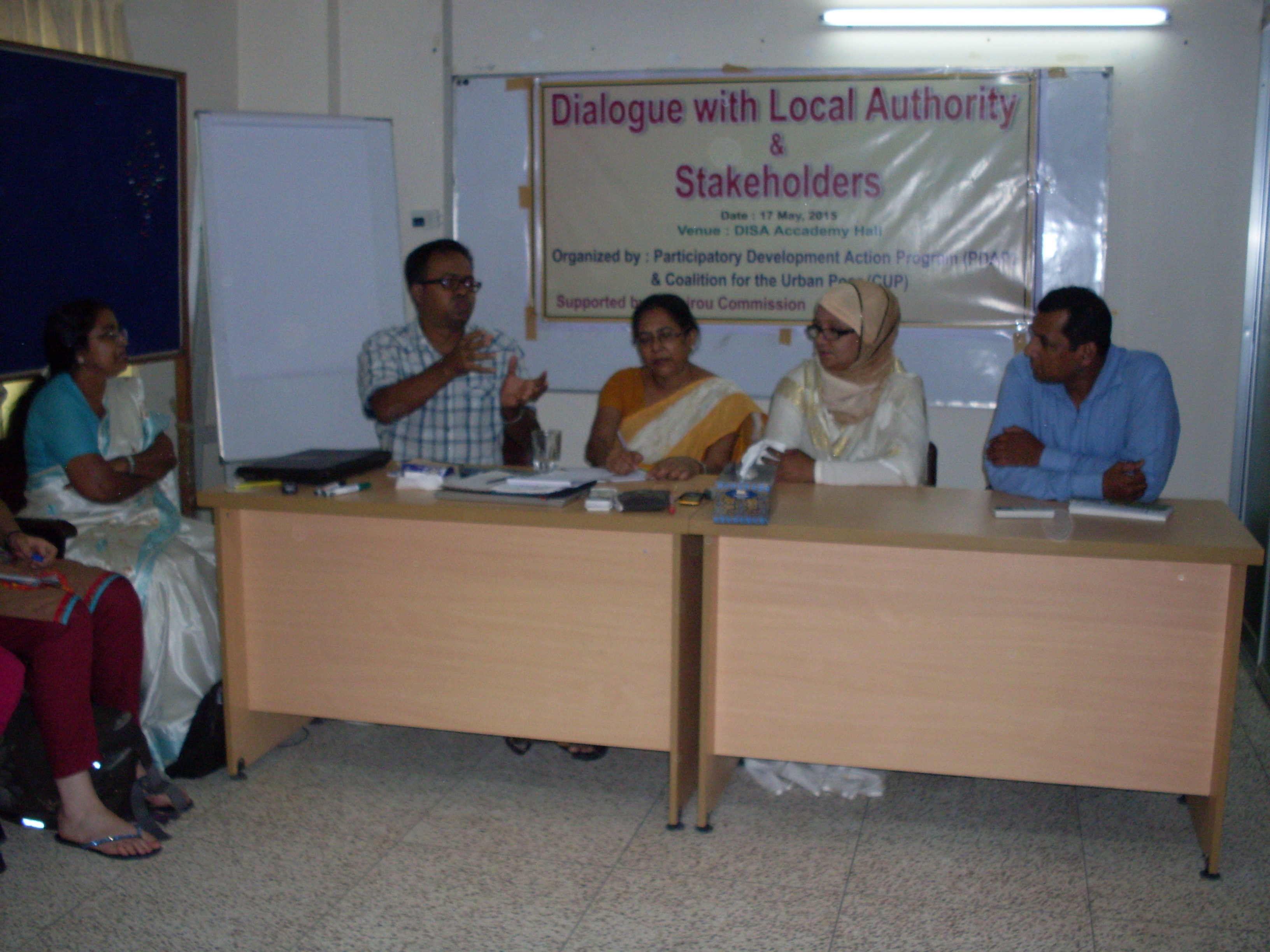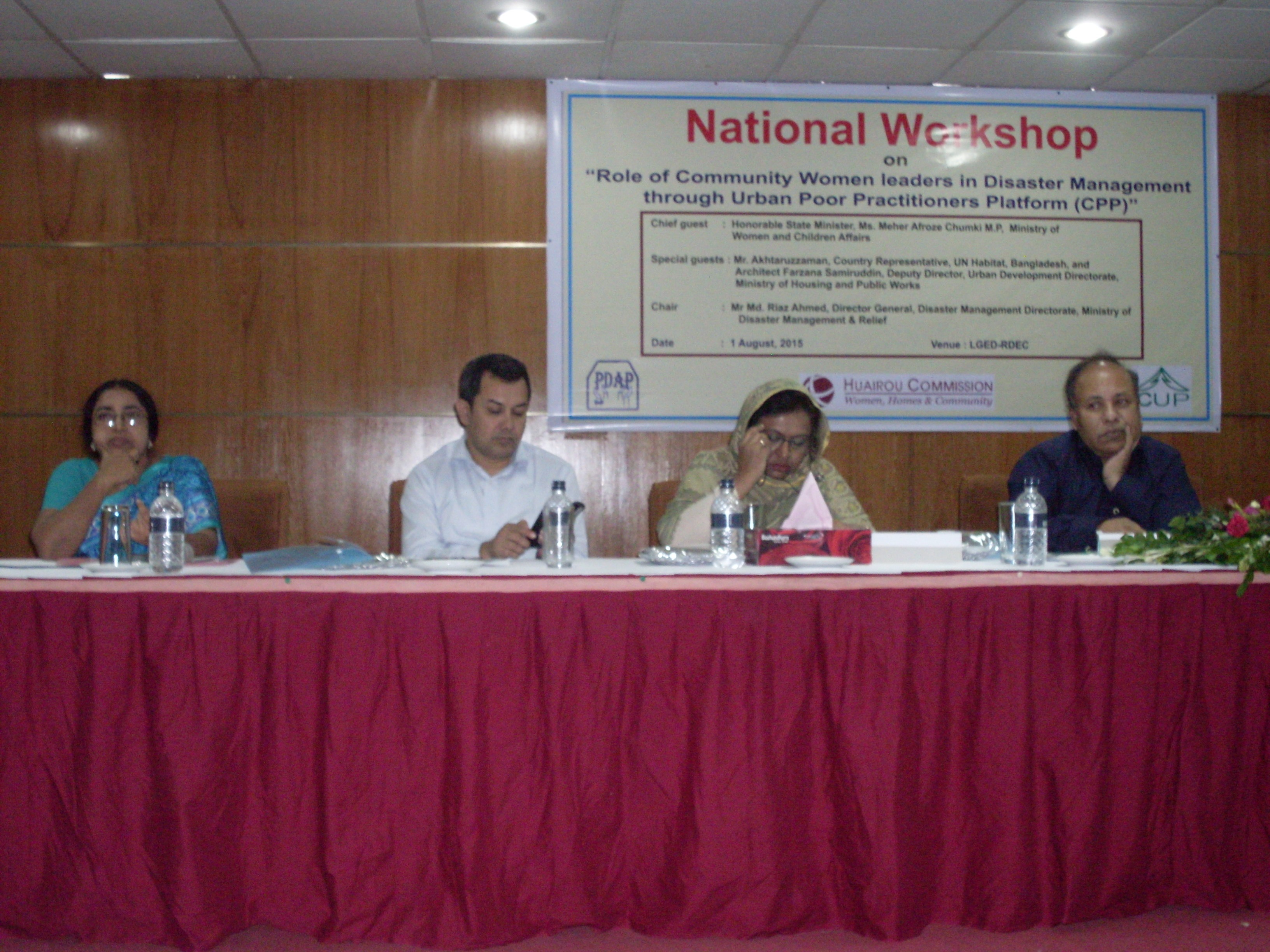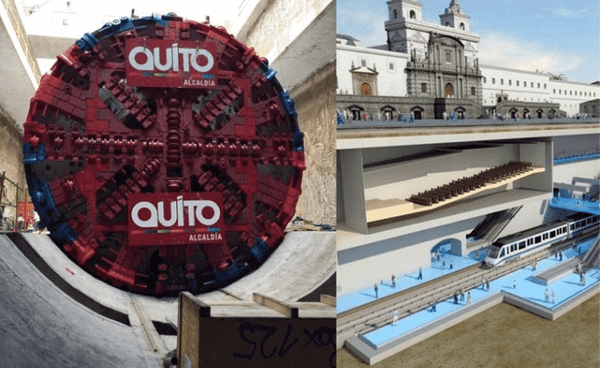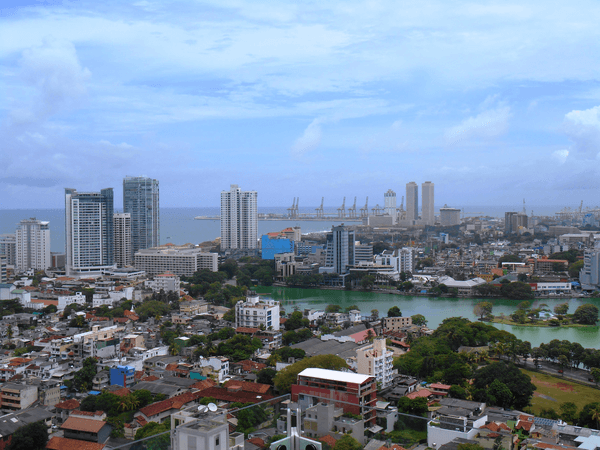City
Dhaka
Main actors
NGO / Philanthropy, Community / Citizen Group
Project area
Neighborhood or district
Duration
2013 - 2015
A programme to provide women living in slums leadership skills and risk reduction training.
Over many years, slum settlements have been increasing in Dhaka city. Commencing in 1996, the Participatory Development Action Program (PDAP) has been working in slum areas addressing issues such as basic education, primary health care, skills development training, adolescents’ awareness raising and women’s advocacy.
Poor households and the women within slum communities are especially vulnerable as they are resonsible for care giving, and they lack access to and control over resources and services. For example, their ability to increase their daily income, effecting food security, is impeded by concerns of eviction from their homes. While the High Court has declared that “Without rehabilitation, there will be no eviction”, slum dwellers are often forced to leave their shelters, without rehabilitation.
To respond to these issues, the PDAP initiated an action plan to increase community resilience through Leadership building and disaster risk reduction training. The action plan was implemented in the slum of Bhola Bastee in Mirpur, Dhaka (Bangladesh). In twelve months, the action plan has reached 100 women.
External links / documents
On Map
The Map will be displayed after accepting cookie policy
